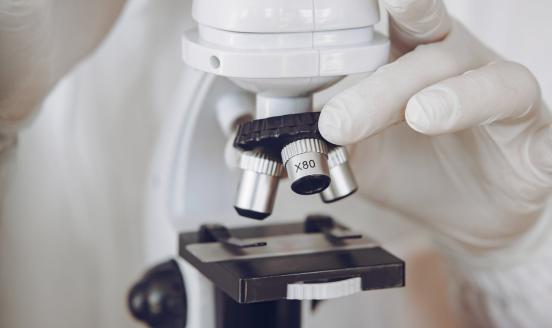Tackling antimicrobial resistance (AMR)
Pathological microbes are increasingly resistant to antimicrobial treatments. The resulting health crisis is one of the greatest challenges facing soc
Summary
See below for video and presentation.
The medical community has identified antimicrobial resistance as a major issue for human beings. In fact, drug resistance poses a threat to our future development and prosperity, as well as to our health. According to recent studies, the number of deaths attributable to AMR in 2050 could equal 10 million. The figure is alarming, making the estimated number of AMR deaths larger than the amount of victims attributable to cancer (8.2 million in 2050).
Because of its relevance, the AMR must also be treated as an economic issue, and the Review on Antimicrobial Resistance commissioned by the UK government in 2014 is playing a key role for this purpose. A ten-point plan has been developed in the Review for tackling AMR, with public awareness being on top of the list, since the problem is ignored in our society. In order to fight the issue, information campaigns should be carried out, as most people appear to have no clue of what antimicrobial resistance is and why it represents a huge threat. A rise in public awareness towards antimicrobial resistance would also bring results, if people proactively react to it. In fact, a way to reduce the impact of the problem is increasing sanitation and hygiene, which could be done by individuals and constitutes the most effective way of facing the issue.
The plan to tackle AMR suggests to stop using antibiotics in agriculture, environment and food processing. To this extent, more transparency from food producers and retailers and in the whole agricultural sector is needed. In general, our society has to increase surveillance on how antibiotics are used in these fields as well as in medicine. The reduction in use and prescriptions of antibiotics would limit the evolution of bacteria. Rapid and efficient diagnostics could also help: sometimes antibiotics are not useful in medical treatments, and the abuse in prescriptions can only worsen the issue. Antibiotics should only be prescribed if a diagnostic technique is used to prove to the necessity of their use. As an alternative, the medical community should boost the role of vaccines, which would partly reduce the use of antibiotics.
On the research side, new drugs should be developed, both to treat patients with pharmaceutical products other than antibiotics and to tackle antimicrobial resistance directly. However, this also requires an increase in investments in research and global innovation funding: funds from a multiplicity of international stakeholders should be allocated and spent on research in a coordinated and strategic way. It is important to emphasize that action to tackle AMR should be conducted on a global basis, and support to achieve international agreements on what has to be done is needed.
Just committing resources, however, does not lead to the solution of the problem itself. Efforts from policy makers can play a central role. The scarce attention of policy makers to date regarding AMR can be attributed to the low level of information and a missing economic quantification of the problem, both of which would increase the awareness of policy-makers towards it. Moreover, the European Commission also needs directives to clarify which roles it could play as a stakeholder and policy-maker and how it can act in order to influence global action.
As a final remark, we should keep in mind that if we are able, as a global society, to build up an effective and sustainable model for funding research, the issue of AMR can be handled and its impact reduced.
Event notes by Domenico Favoino, Research Assistant
VIDEO RECORDING
Event Materials
The Review on Antimicrobial Resistance: global solutions to drug-resistant infections | Presentation by Jim O'Neill


